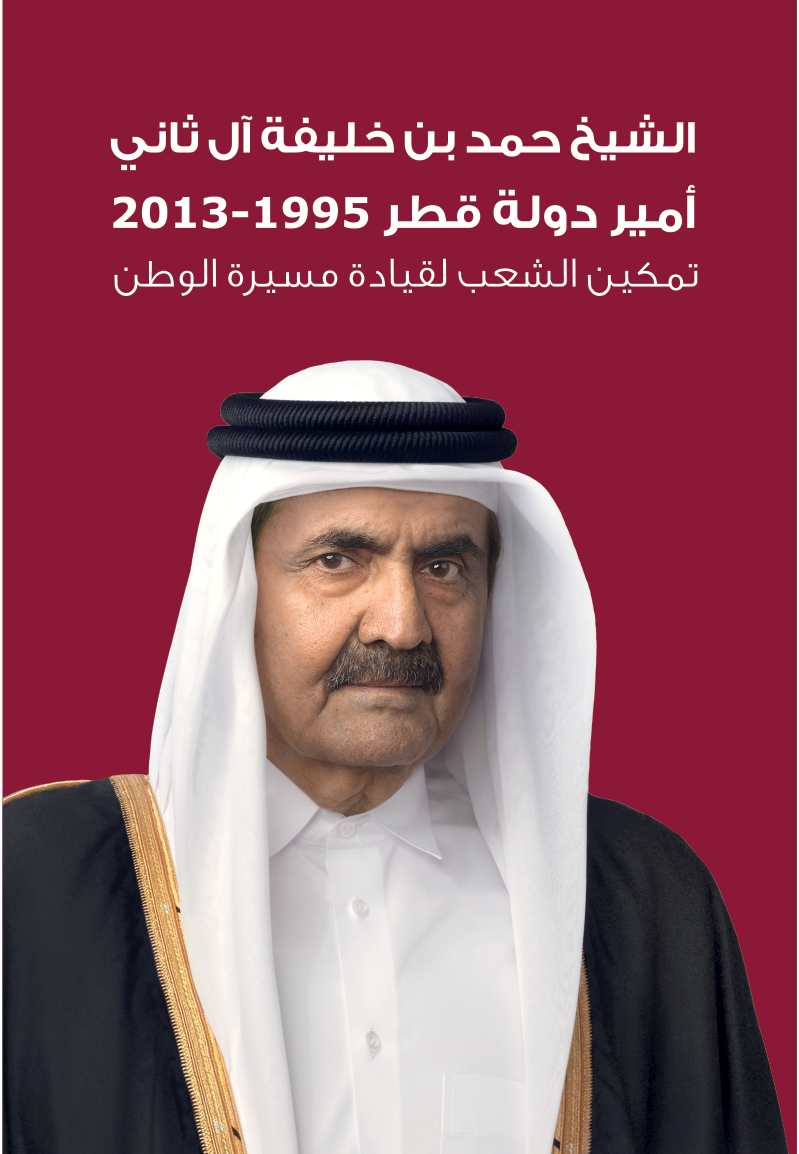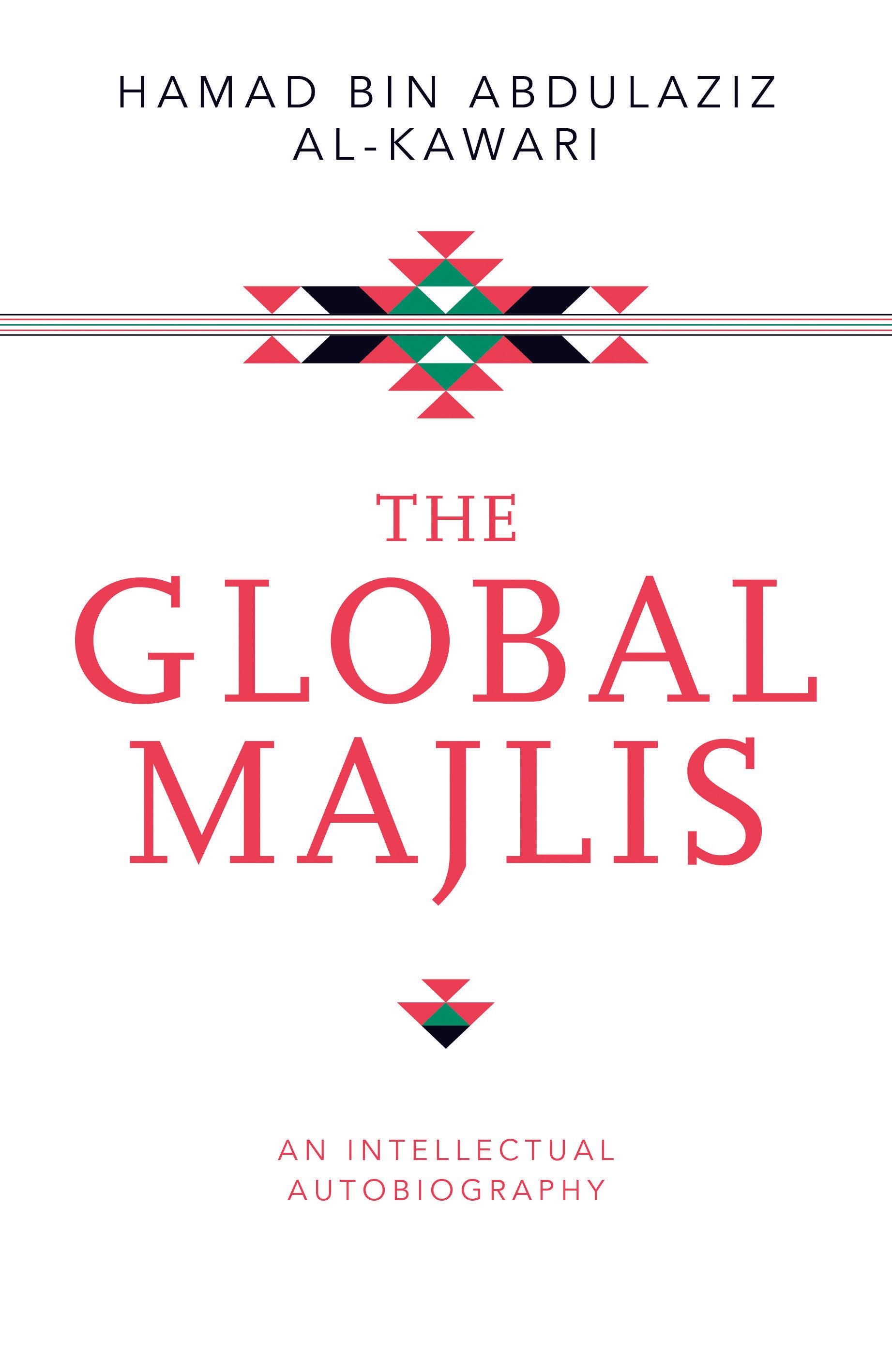
His Highness Sheikh Hamad bin Khalifa Al Thani, Emir of the State of Qatar from 1995 – 2013
9789927164781
The former Emir of the State of Qatar and one of its historic leaders and builder of its modern renaissance was well-respected in the Arab as well as international worlds, and triggered broad economic, social, and cultural renaissance during his reign. The state’s gross domestic product multiplied over 24 times, and the GDP per capita increased by about six times. The gross value added in the hydrocarbon sector jumped from 11 billion to 403 billion Qatari riyals. Throughout his rule, the country’s permanent constitution was issued, and the Qatar National Vision 2030 was born. It sought to promote the development of a knowledge-based economy and transform Qatar into an advanced country capable of achieving sustainable development and ensuring the continuation of a high standard of living for its people and the generations to come. His Highness assumed power on June 27, 1995, and began to draft developmental reform plans and programs. His plan for construction was comprehensive, and explored various avenues for growth. The country then witnessed a leap in development that included education, health, sports, culture, media, and infrastructure, as well as a huge leap in the economic and energy sectors. The north gas field saw a boom in production, and the export of liquefied gas then began in 1996, resulting in a rapid rise of the country’s income. The historical legacy of His Highness is one that has transcended borders. His leadership embodied boldness and high values, consistently demonstrating a positive example rooted in his works and achievements while maintaining a spirit of humility. Kindness, chivalry, courage, skill, and determination were traits of His Highness portrayed when enriching and empowering society and supporting the capabilities of his children. His Highness made more efforts to enhance respect for the rule of law, human rights, comprehensive democracy, fair governance,
and the fight against corruption. His Highness drew societal attention to the necessity of placing values based on mutual support at the forefront of efforts to overcome crises occurring at the national level. High Highness’s support for development was characterized as being extremely important, greatly emphasizing the role of sustainability.





